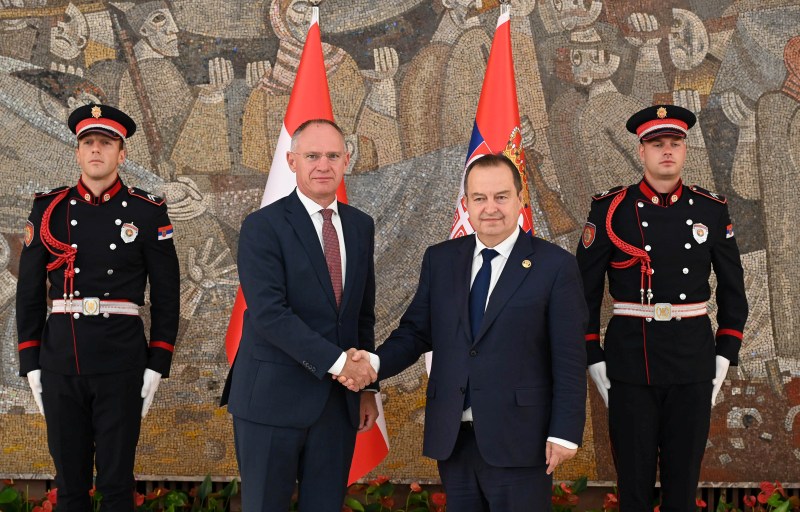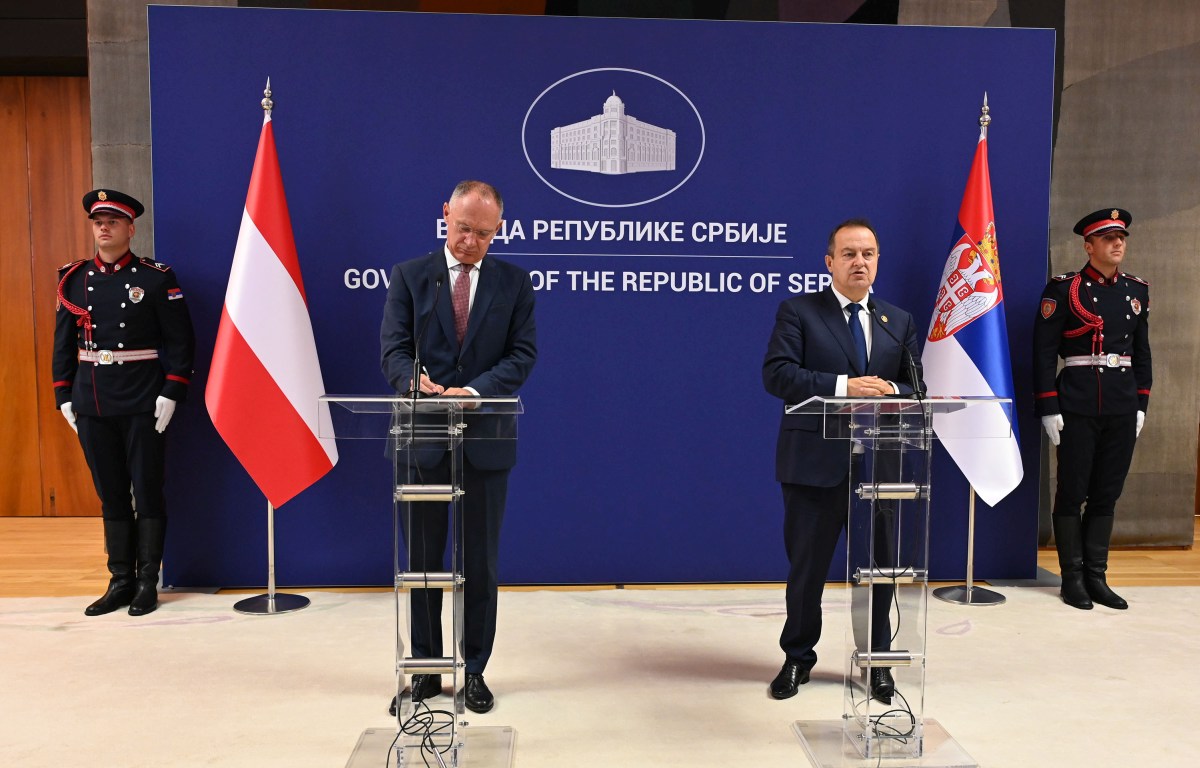Deputy Prime Minister and Minister of the Interior Ivica Dačić talked today with Federal Minister of the Interior of the Republic of Austria Gerhard Karner.
- Serbia
Get to know Serbia
- Citizens
Culture and science
Health services
Pension and disability insurance
- Business
Employment
Economy
- Media
- Government
- Contact
Keep in touch
Keepin touch
Whether you have a question, comment, suggestion or any problem in the purview of the government, send us your message and we will try to respond as soon as possible. If your problem is not in our purview, we will forward your message to the relevant institution.
Decrease in illegal migration on Western Balkan route
At a joint press conference with Karner, Dačić noted that on the basis of the trilateral agreement signed between Austria, Hungary and Serbia, the police officers of those countries are engaged on the Serbian border with North Macedonia.
He explained that the result of joint activities is a decrease in illegal migration, especially on the Western Balkan route by 72 percent.
According to him, in the first six months of last year, 54,014 persons were registered as illegal crossings or entries, and in the first six months of this year, 10,389.
The five most represented countries by origin of migrants this year are Syria 37 percent, Afghanistan 24 percent, Turkey 8 percent, Morocco 7 percent and Pakistan 3 percent, Dačić added, noting that the largest number of migrants this year came from Bulgaria 46.84 percent and from North Macedonia 38.18 percent.
Karner added that the cooperation that was established through the joint engagement of Serbian and Austrian police officers on the border with North Macedonia led to significant results in the fight against irregular migration, especially bearing in mind that in the first seven months the number of illegal crossings in Austria was reduced to 470, compared to 23,000 recorded in the same period last year.
The Austrian minister also praised the cooperation established through the trilateral initiative of Serbia, Austria and Hungary and the harmonisation and amendment of the visa regime between Serbia and India and Tunisia, which significantly reduced the number of asylum seekers in Austria.
Photos: MUP
-
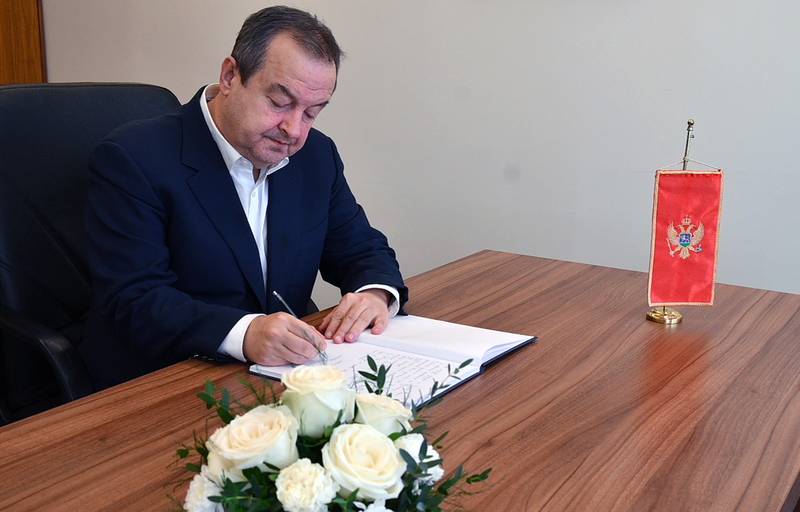 Belgrade, 6 January 2025
Belgrade, 6 January 2025Serbia mourns together with Montenegro for innocent victims in Cetinje
-
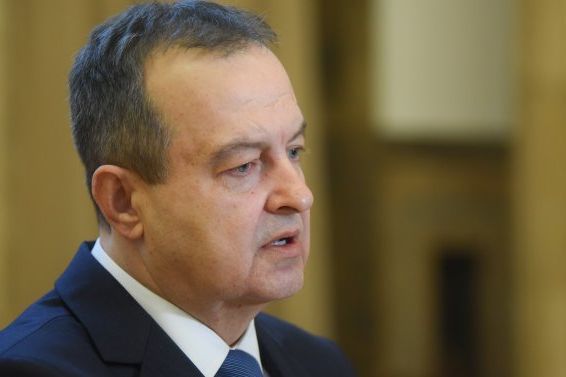 Belgrade, 2 January 2025
Belgrade, 2 January 2025Serbia stands in solidarity with Montenegrin people in difficult times
-
 Belgrade, 27 December 2024
Belgrade, 27 December 2024Support of OSCE important for strengthening capacities of Interior Ministry
-
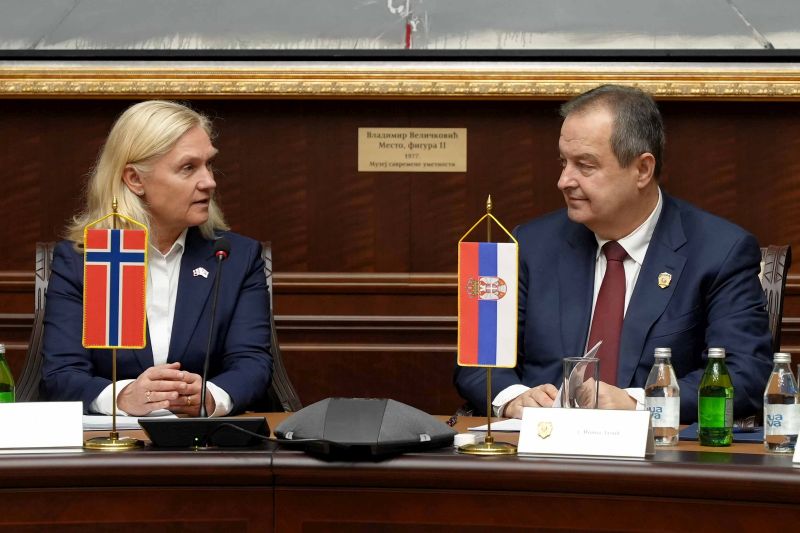 Belgrade, 23 December 2024
Belgrade, 23 December 2024Support of Norway to strengthening Interior Ministry’s capacities
-
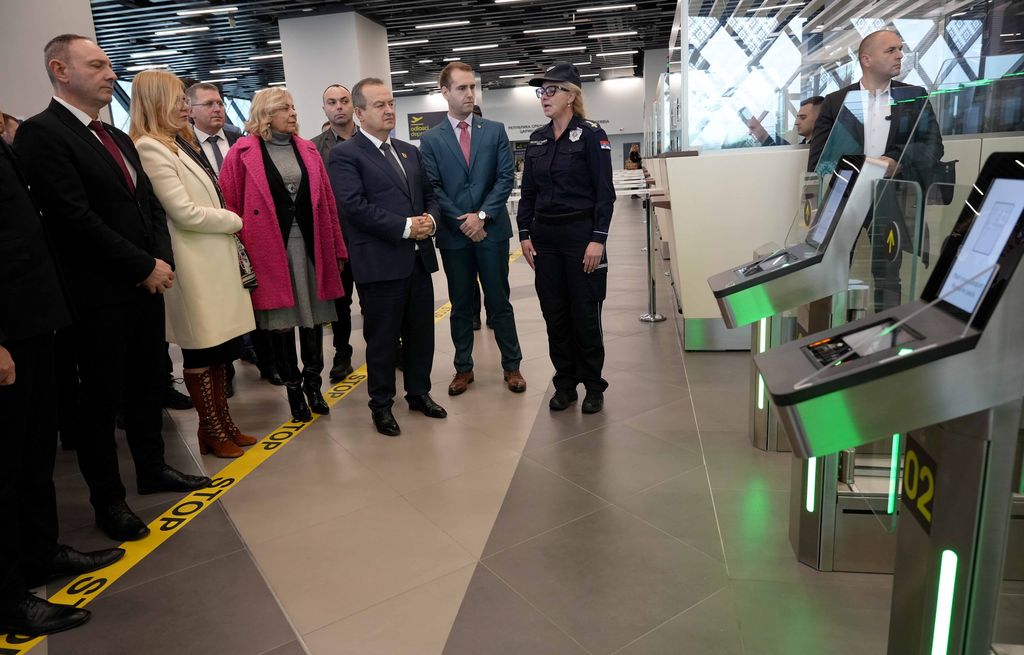 Belgrade, 20 December 2024
Belgrade, 20 December 2024E-gate system commissioned at Nikola Tesla airport
-
 Belgrade, 19 December 2024
Belgrade, 19 December 2024Improving cooperation with Russia in field of emergency situations
-
 Belgrade, 17 December 2024
Belgrade, 17 December 2024Serbia resolutely implementing reforms, Growth Agenda
-
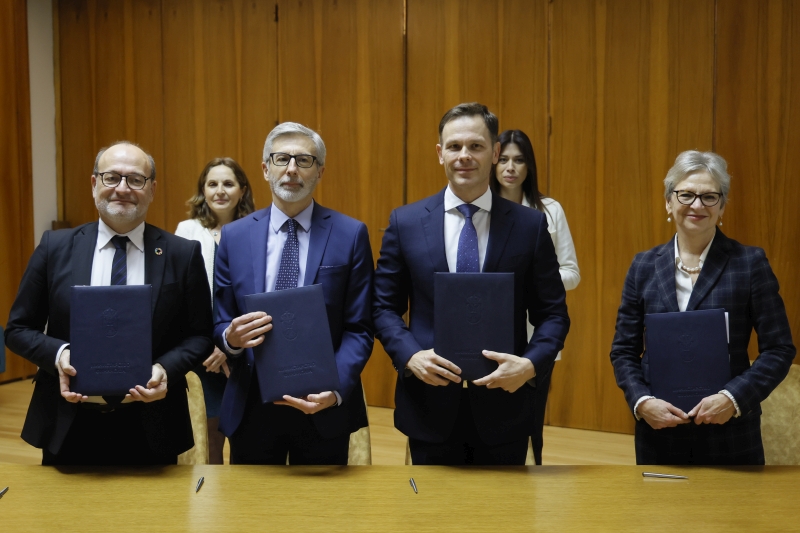 Belgrade, 17 December 2024
Belgrade, 17 December 2024Solid waste loan agreements worth €150m signed
-
 Belgrade, 17 December 2024
Belgrade, 17 December 2024Ministry of Interior’s dedicated work drives significant reduction in irregular migration
-
 Belgrade, 16 December 2024
Belgrade, 16 December 2024Cooperation with United States in internal affairs at high level







